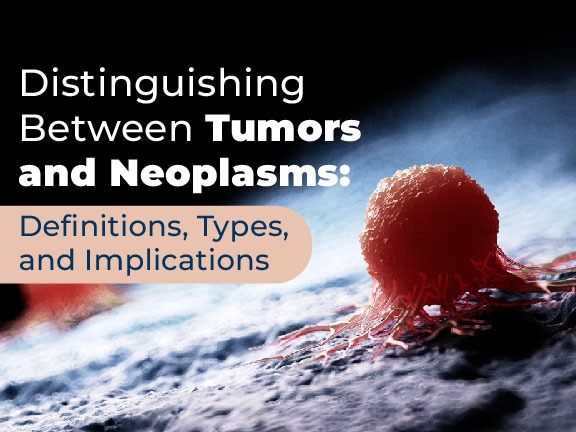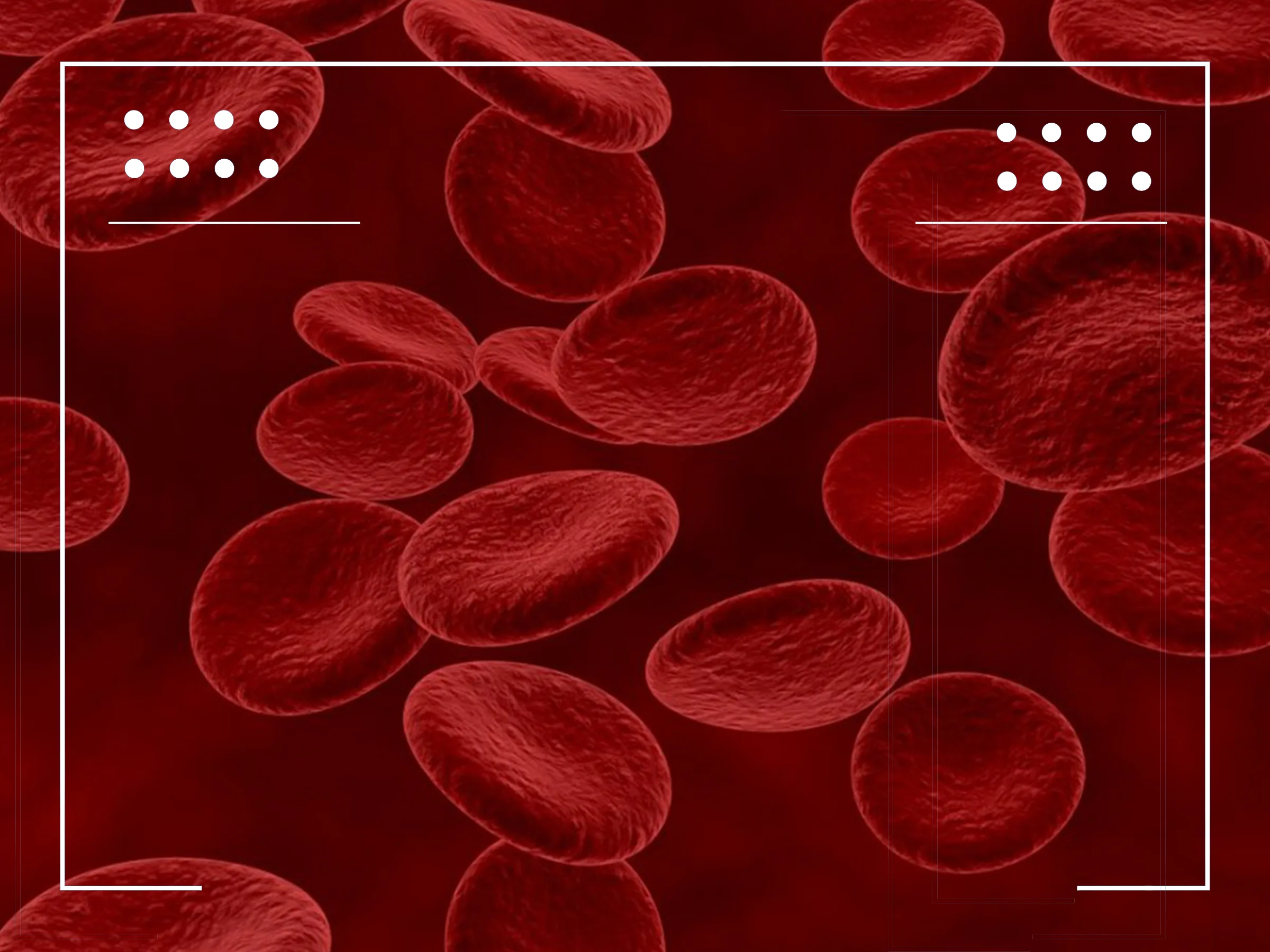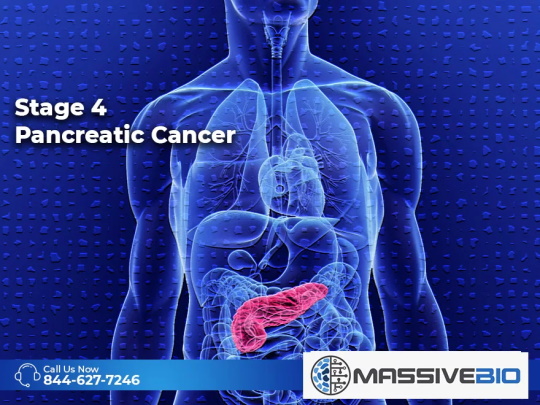Pancreatic cancer is a malignancy that occurs in the pancreas, which is an organ that plays important roles in digestion and regulating blood sugar levels. This cancer can arise in one of two types of pancreas cells, called exocrine cells and neuroendocrine cells. Cancer more commonly starts in exocrine cells, while cancer that originates in neuroendocrine cells may respond better to treatment. Several different treatment options are available for pancreatic cancer.
How pancreatic cancer is treated
A doctor will consider a variety of factors when recommending a treatment plan for pancreatic cancer, including what type of cell is affected and whether the cancer is confined to the pancreas or has spread to other tissues (or metastasized), as well as the patient’s age, overall health, and personal preferences. Here are some of the treatment options a doctor will discuss with a patient, depending on his or her circumstances.
- Surgery: A doctor may recommend performing surgery for pancreatic cancer for one of two reasons:
- The doctor believes the entire tumor can be removed, or resected. This can result in a cure of pancreatic cancer. There are several forms of surgery used to treat pancreatic cancer. The approach a surgeon chooses will depend on several factors, including whether the tumor is isolated to one region of the organ (such as the “head” or “tail” of the pancreas) or has spread throughout the pancreas.
- The tumor cannot be removed, but surgery may help relieve symptoms of pancreatic cancer, such as clearing a blocked bile duct. This is known as palliative surgery.
- Radiation therapy: This common cancer treatment uses beams of high energy to kill malignant cells. Radiation may be used in different ways in pancreatic cancer. It may be administered before surgery (usually with chemotherapy) to shrink a tumor, making it less challenging to remove. Radiation may also be recommended following surgery to reduce the risk of recurrence. It may also be used to minimize symptoms of pancreatic cancer. The form of radiation therapy used to treat pancreatic cancer is called external beam radiation, which is administered from outside the body.
- Therapies using medication: Several types of tumor-shrinking medications are used to treat pancreatic cancer, which may be administered in combinations or in tandem with radiation or other treatments. They include:
- Chemotherapy: Another common cancer treatment, chemotherapy is the use of various drugs that directly attack and kill cancer cells. For many patients with pancreatic cancer, chemotherapy is the first treatment they receive. There are many chemotherapy drugs approved for treating this cancer, which are often combined. In some cases, an “off-label” chemotherapy drug may be recommended, which is not approved for pancreatic cancer, but the doctor believes may offer some benefit.
- Targeted therapy: These new-generation drugs take aim at specific genes, proteins, or other targets that cancer cells need to grow. Targeted therapies are generally used to treat pancreatic cancer that has advanced beyond the organ. Tests are required to determine whether a patient will benefit from these highly specific drugs, which may cause fewer side effects than chemotherapy. Targeted therapies approved for treating pancreatic cancer include:
- Erlotinib (Tarceva)
- Olaparib (Lynparza)
- Larotrectinib (Vitrakvi)
- Entrectinib (Rozlytrek)
- Immunotherapy: This treatment approach strengthens the ability of the body’s natural defense network, the immune system, to identify and destroy cancer cells. Currently, only a small number of patients with pancreatic cancer are candidates for immunotherapy, though research is underway to discover new immune-enhancing treatments for patients with this malignancy.
Treatment options by stage of pancreatic cancer
One of the most important factors doctors use when planning treatment for pancreatic cancer is whether the cancer is confined to the pancreas, advanced to nearby tissues, or spread to other distant tissues and organs (metastatic pancreatic cancer). Doctors use the “clinical stage” of a patient’s pancreatic cancer to make treatment decisions. Here are the clinical stages of pancreatic cancer and the treatments most commonly used:
- Resectable pancreatic cancer: This means the doctor believes that the cancer can be removed entirely with surgery (or resected) because it has not grown into blood vessels near the tumor. Chemotherapy, with or without radiation, may be administered prior to or after surgery.
- Borderline resectable pancreatic cancer: If the cancer has grown into a blood vessel or nearby tissue, it’s considered borderline resectable, meaning a surgeon may or may not be able to remove it all with surgery. Here again, chemotherapy, with or without radiation, may be administered prior to or after surgery.
- Locally advanced pancreatic cancer: In this case, pancreatic cancer has grown into or adjacent to neighboring lymph nodes or blood vessels. Surgery cannot remove the entire tumor, so the primary treatment for locally advanced pancreatic cancer is chemotherapy, which may be combined with targeted therapy and radiation. In some cases, surgery may be offered to prolong survival or relieve symptoms. Patients with locally advanced pancreatic cancer should consider enrolling in a clinical trial.
- Metastatic or recurrent pancreatic cancer: In metastatic pancreatic cancer, the disease has spread to distant tissues and organs and cannot be treated with surgery. Recurrent pancreatic cancer is cancer that has returned after a period when tumor or malignant cells were detectable. In both cases, patients will be treated with chemotherapy, which may be combined with a targeted therapy. Patients with metastatic pancreatic cancer should consider enrolling in a clinical trial.
Remission and the chance of recurrence
Remission occurs when a patient has no detectable cancer cells following treatment. Some patients with pancreatic cancer may achieve remission, though the duration will vary. Pancreatic cancer is a challenging diagnosis, so many patients will experience a recurrence, or return of cancer. The chances of entering remission and having a recurrence differ from one patient to another, depending on the stage of their cancer, the treatment they received, their overall health, and other factors.
Physical, emotional, and social effects of cancer
Living with any type of cancer can be physically and emotionally taxing. Cancer and its treatment can cause serious side effects such as hair loss, nausea, vomiting, fatigue, and others. Be sure to discuss any side effects that you experience from treatment with your healthcare team, who may be able to recommend strategies for minimizing them. Living with cancer can also cause anxiety, depression, worry, sadness, and other difficult emotions. Some patients find great benefit in speaking with a mental health professional such as a psychotherapist or licensed social worker, who can help them develop coping mechanisms. It’s also important to maintain contact with friends and family, who can provide invaluable emotional support.
Sources: American Cancer Society, Cancer.net













1 Comment
I have personally found this article very informative as it clearly describe the treatment options for pancreatic cancer by stage. As the blog highlights, not all pancreatic cancer patients receive the same treatment. Pancreatic cancer symptoms vary for every individual and the treatment options also differ according to their individual condition, stage and age. ACTC is one of the best cancer treatment clinic in Florida that offers personalized cancer treatment for pancreatic cancer.